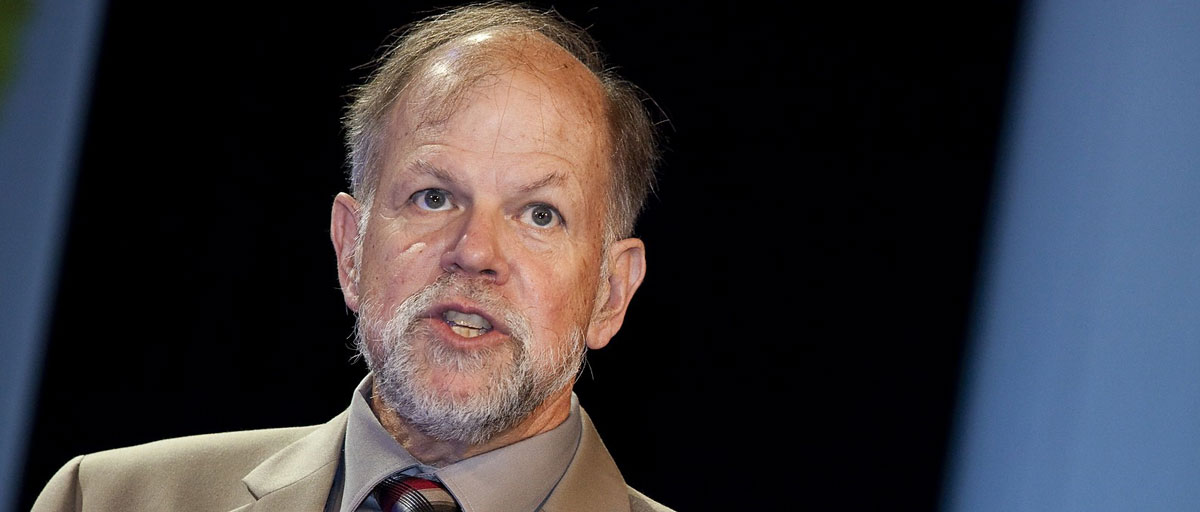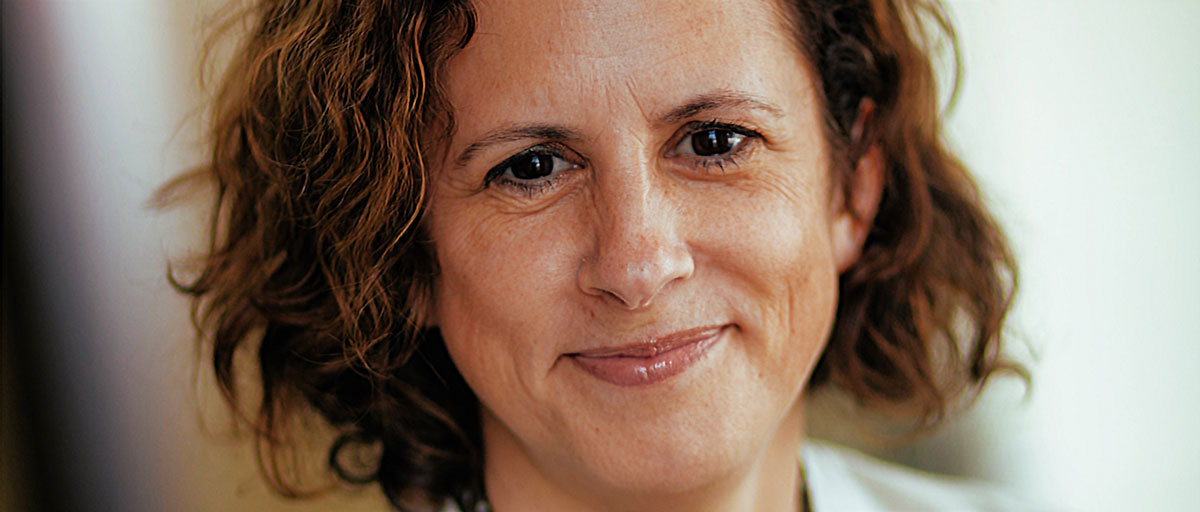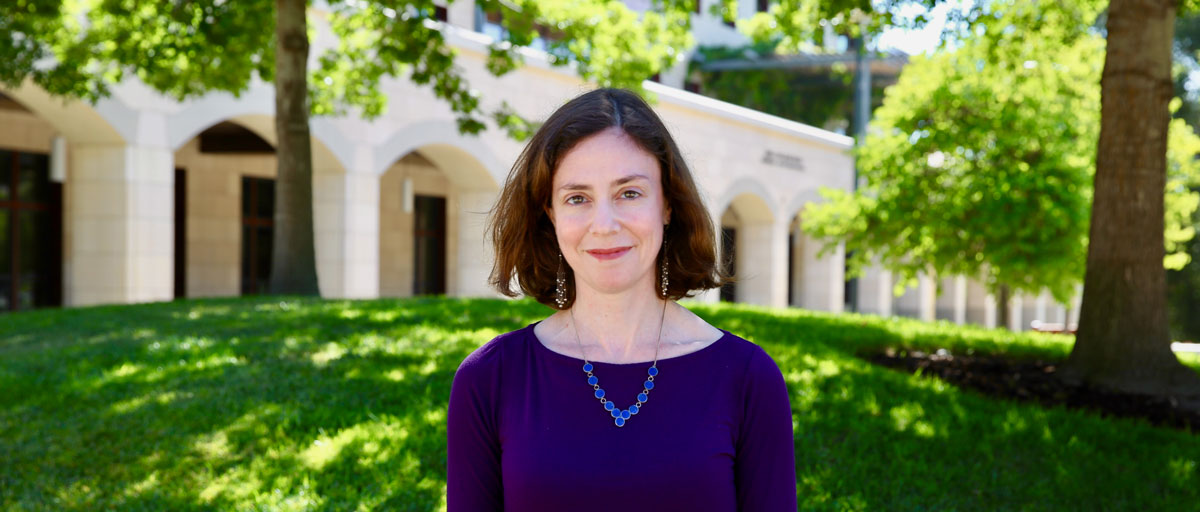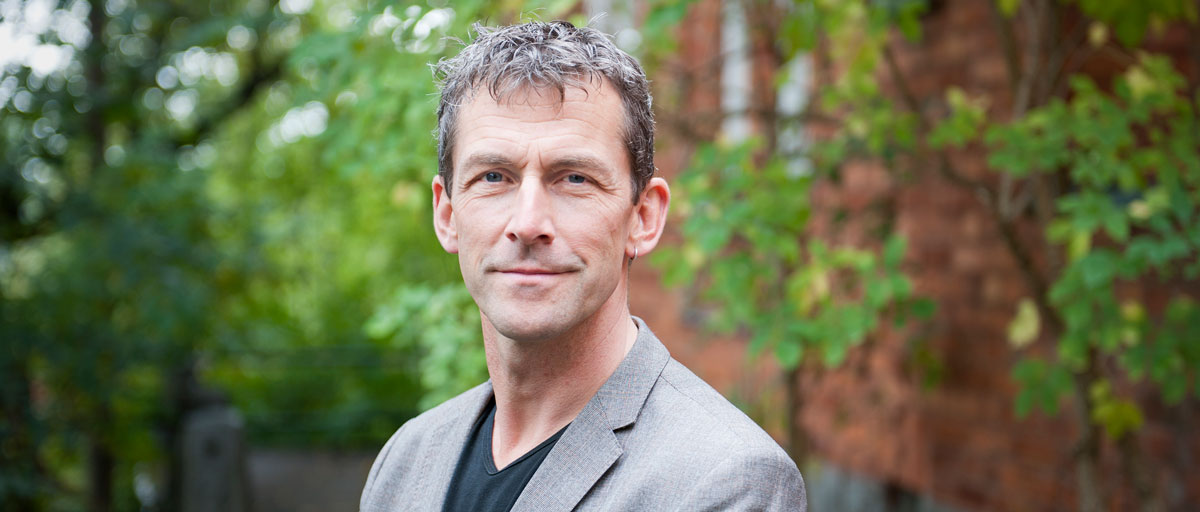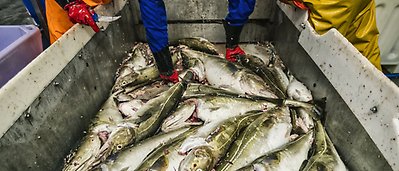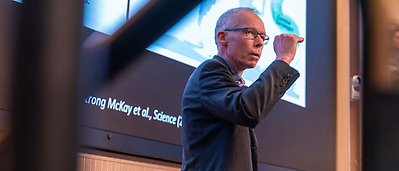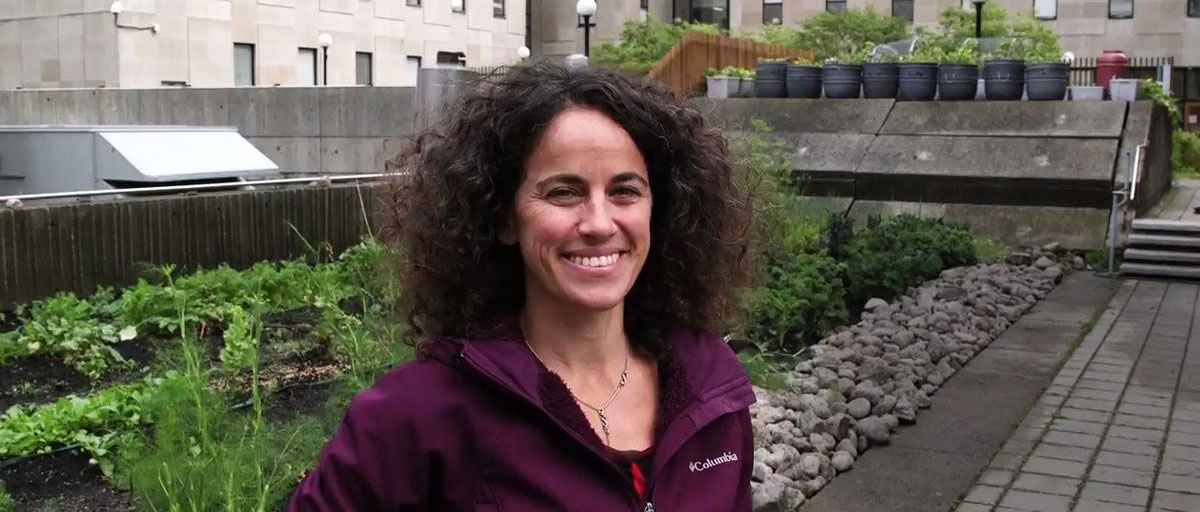
Elena Bennett, an associate professor at McGill School of Environment, Canada, is a member of the Stockholm Resilience Centre's new International Science Advisory Council. Photo: McGill University
Bildtext får vara max två rader text. Hela texten ska högerjusteras om den bara ska innehålla fotobyline! Photo: B. Christensen/Azote
INTRODUCING OUR SCIENTIFIC ADVISORY COUNCIL
Heading into the future with open eyes
Council member Elena Bennett from McGill University reflects on what makes the Stockholm Resilience Centre unique and what it will take to stay that way
- The International Scientific Advisory Council (ISAC) is a body of internationally leading researchers providing strategic advice and guidance on the scientific development and direction of the Stockholm Resilience Centre (SRC)
- Council member Elena Bennett is an associate professor at McGill School of Environment
- She says the SRC must stay out in front of the most exciting interdisciplinary research on resilience
Elena Bennett’s history with the Stockholm Resilience Centre (SRC) goes back to the days when there was no centre. As a PhD student with Steve Carpenter, a professor in zoology at University of Wisconsin and another member of the SRC scientific advisory council, she started engaging with centre researchers Garry Peterson, Lisen Schultz, Thomas Hahn and several others in the early 2000s. Centre co-founder and current chair of the board Carl Folke also became an increasingly familiar face around that time.
Basic research, neat experimentation
Today, Bennett’s connection with the centre has brought her even closer. As a member of the newly established International Science Advisory Council, she will help making sure SRC’s research remains at the forefront of sustainability research. That means striking a balance between building on current strengths and experimenting with new topics.
I continue to be impressed with SRC’s flexibility to meet new global challenges alongside its base commitment to core principals and ideas.
Elena Bennett
“There is always some neat experimentation going on at SRC that keeps things very fresh, and this is balanced by a continued emphasis on interdisciplinarity and resilience as a base for everything the centre does,” she says.
Indeed, when asked about where the centre can develop and improve further, Bennett says the SRC must stay out in front of the most exciting interdisciplinary research on resilience, including “translational ecology”: “We know that working with communities makes our science more effective, but we need to scale that beyond small projects which often only engage a handful of community members. I believe the centre is uniquely positioned to be able to move forward on this important agenda.”
A trusted scientific partner
Another area is positive transformations research and creating hopeful directions for the future. This is something that lies close to her own work. Over the past five she has been one of the leaders of the Seeds of Good Anthropocenes, an international research initiative that has gathered hundreds of examples of positive, and potentially transformative, initiatives to understand the components of a transformation to a positive, sustainable future. Centre researchers Albert Norström, Garry Peterson and Oonsie Biggs have also been central to the development of the initiative.
“SRC has been out in the lead on this kind of really important work, and I’d like to see SRC continue to push forward here,” she says.
Bennett believes sustainability science will continue to develop and broaden its influence within all parts of policy and practice. That certainly includes industry. SRC’s increased engagement with the world’s biggest seafood companies to strengthen sustainable practices in the industry, is an exciting example, according to Bennett.
But science and business can become uneasy partners if roles and expectations are not carefully defined. “That is why opportunities that come up must be dealt with carefully and with open eyes to both good and bad potential,” she says, confident that the centre will continue to be an attractive scientific partner for industry-focused initiatives and beyond.
“I continue to be impressed with SRC’s flexibility to meet new global challenges alongside its base commitment to core principals and ideas. This attitude, and the truly spectacular people at SRC, continue to make me very hopeful about the future of the centre, no matter what the issue is on everybody’s lips.”
